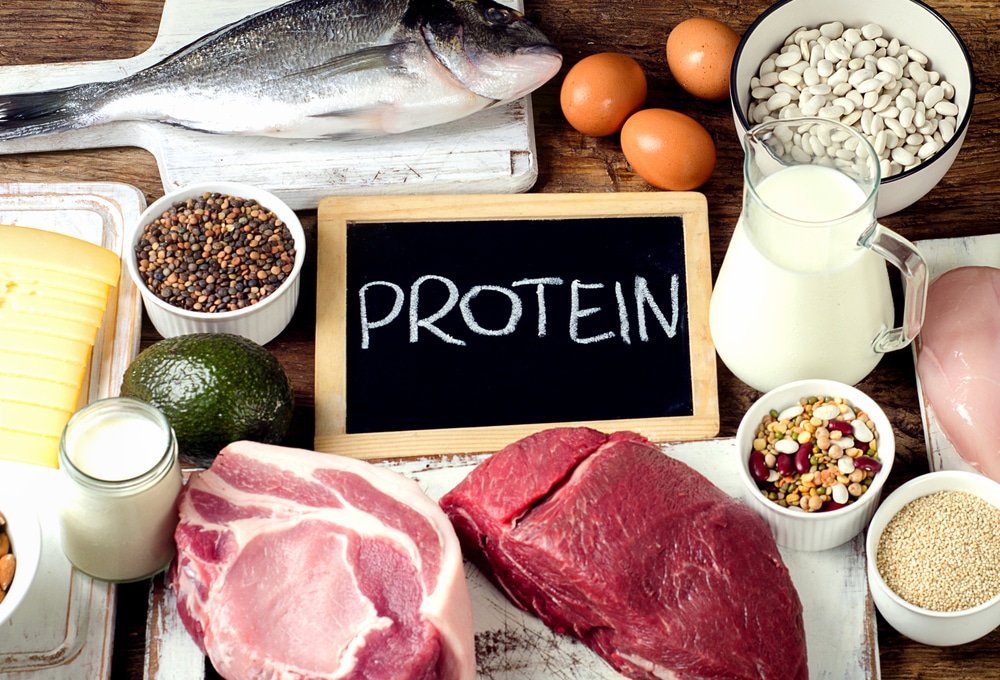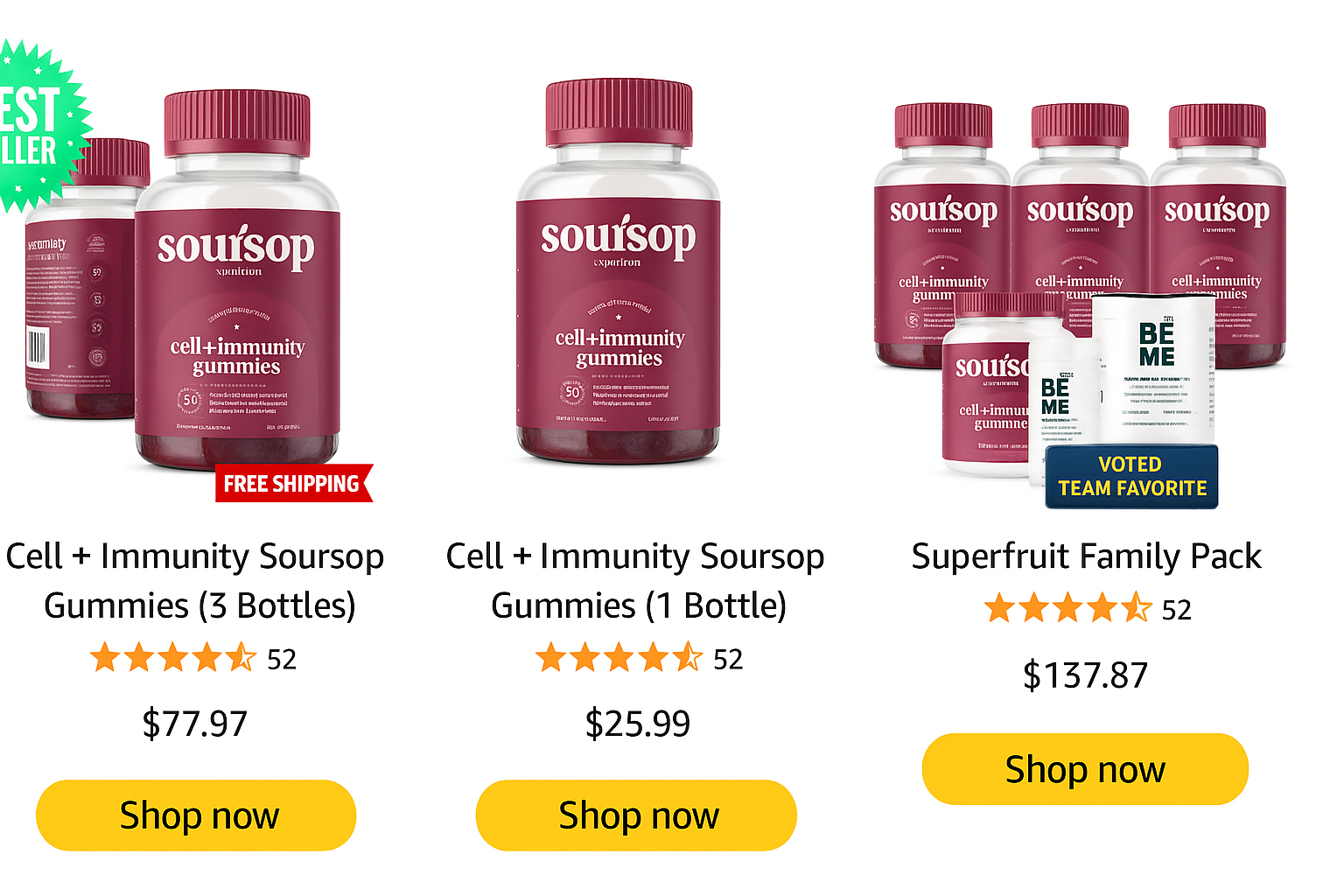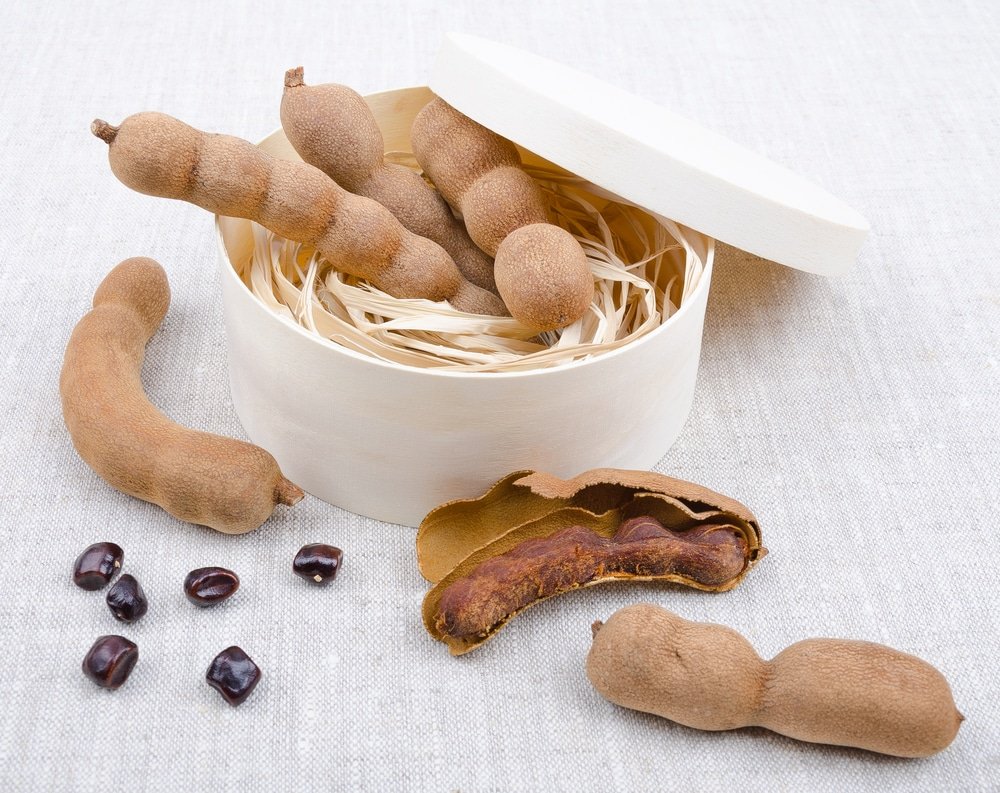Protein plays a crucial role in building muscle and maintaining body tissues. It improves the skin, nails, and hair. Studies have concluded that this nutrient helps lower blood pressure and balance hormones. That is why nutritionists recommend incorporating foods rich in protein into your diet.
An average male requires 55.5g of the nutrient and females need 45g of protein on a daily basis. Moreover, protein intake varies and you might need different doses of the nutrient as compared to an athlete.
According to fitness experts, strength-focused athletes do not require a high amount of protein like endurance athletes. When you exercise, it causes microscopic tears in the muscles. You need amino acids that produce protein to rejuvenate your damaged muscles.
You can even find protein-dense water on the market to get a considerable amount of the nutrient regularly. Protein is one of those nutrients that are present in most foods.
So, you should incorporate a variety of protein-rich foods into your diet. And, do not only restrict to poultry sources. You can even find protein-dense water and supplements on the market to get a considerable amount of the nutrient regularly.
Foods That Are Very Rich In Protein

1. Peanuts
This incredibly delicious nut is high in protein. Studies have revealed that a handful of peanut provides up to 9.5mg of protein along with essential nutrients such as dietary fiber and magnesium.
Peanuts are ideal for obese individuals, especially when they do a hardcore workout to lose weight. However, health experts have suggested that you should avoid an unsalted variety of peanuts as excessive salt can hurt your health.
2. Greek Yogurt
If you like eating yogurt, pick Greek yogurt over other types. It does not only contain bone-building calcium, but it has more ratio of protein than other varieties as well. One medium-sized bowl of protein provides around 23g of the yogurt.
Also, pick only plain Greek yogurt to keep sugar levels and weight on track. This variety gives probiotic bacteria as well that balances good and bad bacteria in your gut.
3. Brussels Sprouts
A single serving of Brussels sprouts can give you two grams of protein. This makes them an ideal option that you can add to your salad. Apart from protein, this vegetable contains dietary fiber and vitamin C. This nutrient-dense vegetable benefits and builds muscle in children and adults alike.
4. Cottage Cheese
There are not many healthy snacks options. However, you can snack on a small portion of cottage cheese even at midnight. ½ cup of cottage cheese provides 14% of casein – a kind of protein.
Casein digests slowly and feeds muscles all night and prevents the risk of catabolism. You can also add one or more pieces of cottage cheese to your breakfast and get a considerable amount of protein.
5. Shrimp
Shrimp cannot only make savory meal option, but one serving of this seafood provides around 18g of protein as well. Shrimp can also become a delicious source of vitamin B12 and selenium. You should eat at least two servings in a week to keep protein levels high in your body and improve overall health.
6. Yellowfin Tuna
Three ounces of yellowfin tuna provide up to 25g of protein. This fish variety delivers high-quality protein which takes just a few seconds to digest. This protein strengthens your hair and nails. People with diabetes can incorporate at least one serving of the fish in a week to obtain protein without hurting their health.
7. Turkey Breast
Turkey with vegetables or rice is not only a holiday meal. Health experts encourage people to eat turkey breast regularly as it is high in protein.
You can also get a slew of vitamins and minerals to maintain a healthy body. Plus, it is low in calories; so, overweight people can also add turkey breast to their diet without giving it a second thought.
8. Sardines
Canned sardines are one of the protein-dense foods that you can find on the market. Sardines are packed with vitamin D, which promotes bone density and prevent the risks of age-related bone disorders.
The amount of omega-3s in sardines improves cardiovascular health. Sardines are also low in mercury which is another reason to consume them.
9. Pumpkin Seeds
Munching on a handful of pumpkin seeds curbs appetite and provides essential minerals such as iron, zinc, magnesium, and protein. Nutritionists have revealed that protein in pumpkin seeds can become your beauty secret as well. It repairs damaged skin cells and keeps your skin moisturized.
10. Roasted Beef
Roasted beef contains 18g of protein. It is a leaner variety amongst all red meats option. Roasted beef is high in amino acids and other nutrients. You can prepare a sandwich using roasted beef, spinach, red onions, and some cheese to eat a nutrient-dense meal.
However, if you have cardiovascular issues, consult with your doctor before adding meat to your diet.
11. Ezekiel Bread
If you are a fan of freshly baked bread, opt for Ezekiel bread than regular bread. This variety is made with organic and sprouted whole grains such as soybeans, wheat, millet, and barley. You can get around 4g of protein just from a single slice of nutritious Ezekiel bread.
12. Navy Beans
Consuming one cup of cooked navy beans is a quick way to stock up protein in your body and build muscle. This is also a plant-based food source that vegetarian can eat as well. Navy beans are low in calories that make them an excellent food for fitness junkies.
13. Lentils
Lentils are a superfood and benefit your overall body whether you eat them dry or prepare the soup. Lentils provide plant-based protein which makes them another nutritious food source for vegans and vegetarians. This legume variety contains copper, iron, manganese, and folate as well.
14. Green Peas
The high amount of protein in peas is a great reason to stock them up in your freezer and add them to your meals throughout the year. Peas are also rich in dietary fiber which is necessary to manage uncontrollable appetite and weight gain.
15. Quinoa
One cup of cooked quinoa provides 8g of protein, antioxidants, and several minerals. Quinoa is also a low-calorie meal that obese individuals and people with diabetes can eat as well. Adding quinoa to your diet is surely a safe way to obtain protein on a daily basis.
Bottom Line
There is no question that protein affects your overall health and support many bodily functions. Be sure to obtain protein from natural sources to prevent the risks of adverse effects.



